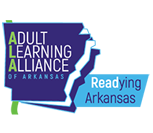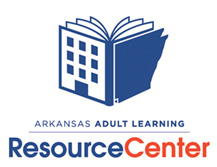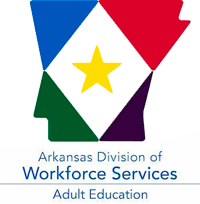
Digital Literacy for Adult Learners
In our technology-driven world, digital literacy is essential for adult learners. Understanding the basics can help adults navigate digital environments confidently, improve job prospects, and stay connected. Here are the key components of digital literacy for adult learners:
1. Technical Proficiency
Basic Computer Skills:
- Operating Systems: Understanding how to use Windows, macOS, or Linux.
- Software Applications: Familiarity with word processors, spreadsheets, and presentation software (e.g., Microsoft Office, Google Workspace).
Internet Navigation:
- Web Browsers: Using browsers like Chrome, Firefox, or Safari.
- Search Engines: Effective use of search engines like Google to find information.
2. Information Literacy
Finding Information:
- Search Techniques: Using keywords and search operators to find relevant information.
- Reliable Sources: Identifying credible websites and sources of information.
Evaluating Information:
- Source Credibility: Assessing the reliability and bias of sources.
- Fact-Checking: Verifying information using multiple trusted sources.
3. Media Literacy
Understanding Media:
- Media Types: Differentiating between types of media (news articles, blogs, videos, etc.).
- Media Bias: Recognizing bias and perspective in media content.
Creating Media:
- Content Creation: Basic skills in creating digital content, such as writing blogs, making videos, or designing graphics.
- Responsible Sharing: Understanding the impact of sharing content and the importance of crediting original sources.
4. Communication Skills
Digital Communication:
- Email: Using email for professional and personal communication.
- Messaging Apps: Using platforms like WhatsApp, Slack, or Teams for instant communication.
Online Etiquette:
- Netiquette: Understanding and practicing respectful online behavior.
- Professional Communication: Crafting professional emails and messages.
5. Online Safety and Security
Protecting Personal Information:
- Privacy Settings: Managing privacy settings on social media and other platforms.
- Data Protection: Understanding how to protect personal information online.
Cybersecurity Basics:
- Strong Passwords: Creating and managing strong passwords.
- Recognizing Threats: Identifying phishing emails, malware, and other online threats.
6. Practical Applications
Digital Transactions:
- Online Banking: Using online banking services securely.
- E-Commerce: Shopping online safely and understanding digital payments.
Health and Wellness:
- Telehealth: Accessing healthcare services online.
- Fitness Apps: Using apps for health tracking and fitness.
Conclusion
Digital literacy is a vital skill set for adult learners. By mastering these basics, adults can improve their personal and professional lives, stay connected, and navigate the digital world with confidence. Whether for job advancement, personal growth, or staying in touch with loved ones, digital literacy opens up a world of possibilities.







